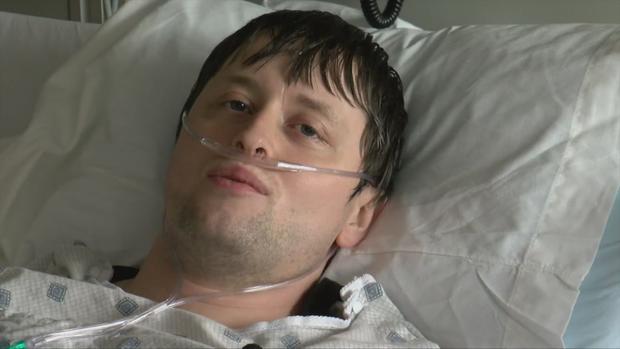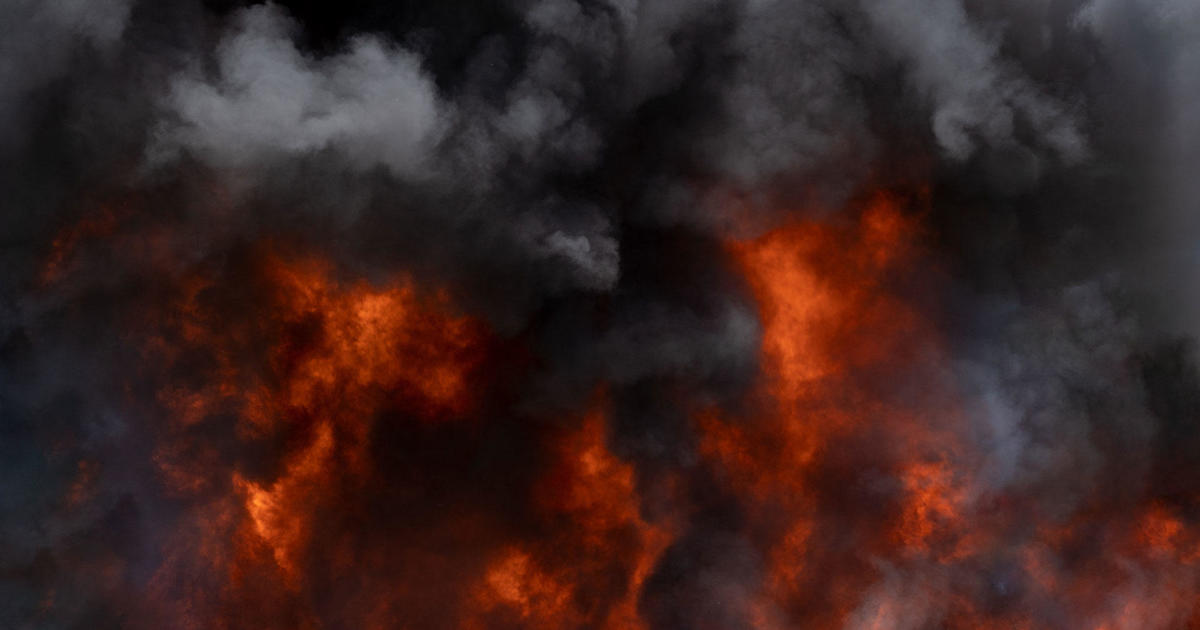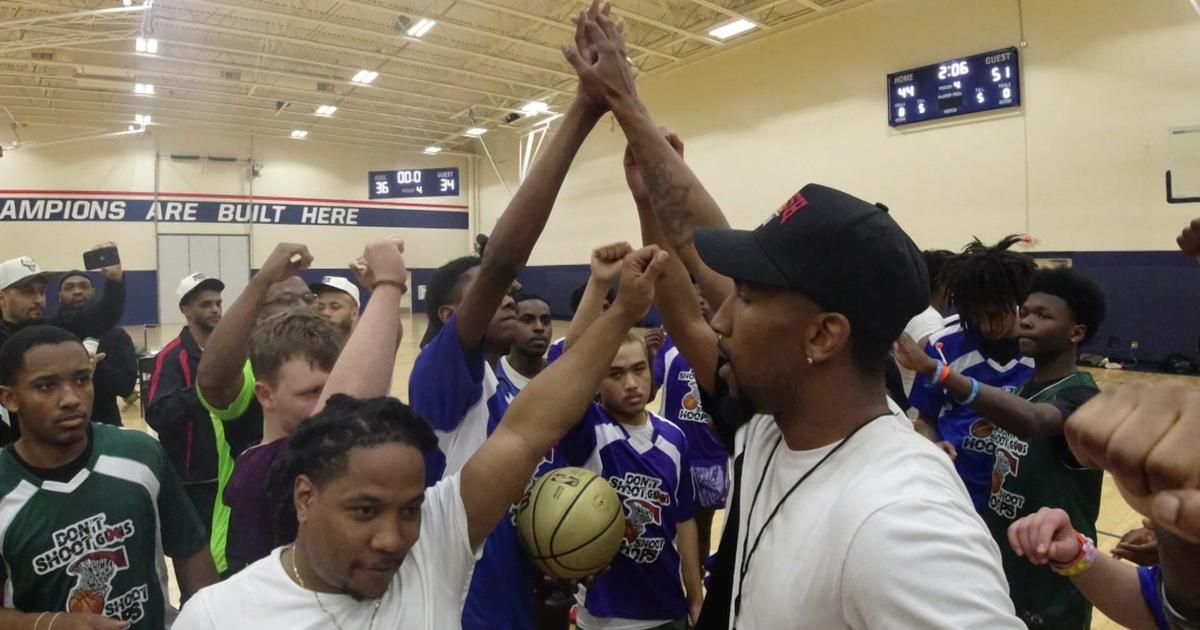Minnesota Clinics Report Majority Of COVID Hospitalizations Are Under 65 Years Old Now
MINNEAPOLIS (WCCO) -- There is growing concern over the number of young people in some Minnesota hospitals with COVID-19. For the first time since the start of the pandemic, the CentraCare health care system in Central Minnesota says 70% of their hospitalizations are patients are under the age of 65.
WCCO went inside St. Cloud Hospital to see why the age of their sickest patients is down by decades.
It is not the face you'd expect to see in a hospital bed fighting COVID-19. When Eric Aker's symptoms started setting in a couple of weeks ago, the 26-year-old wasn't overly concerned.
"It's a big deal. It's nothing to mess around with that's for sure," Aker said. "As they days went by it got a little harder to breathe and before you knew it I'm in here. ... I figured it would be a week max and I'd be over it. Wasn't in the stars for me."
Instead oxygen, IV fluids, and steroids treat his inflamed lungs.
Dr. Tim Ehle is a pulmonary critical care physician.
"The demographics are very different and the acuity of illness is much higher than this fall," Ehle said.
One floor away, St. Cloud Hospital cares for the sickest COVID patients. Ehle looks back on just a month ago when two people were in the ICU. For weeks, those numbers have been back in double digits.
"It's disappointing. A bit demoralizing," Ehle added.
Ehle suspects the U.K. variant is partly to blame. While hospitals don't receive test results directly, it's considered the most common across the country and a more dangerous mutation.
"It's been really hard. It's been a really hard year I don't think any of us thought this would be going on this long," critical care registered nurse Kate Wieland said.
Wieland has been there for the more than 400 COVID positive patients in this ICU since the pandemic's start. There are subtle reminders of the early support. Staff masks stored in paper bags now fill most walls.
"I can't go home and talk to family and friends about this there's almost a huge disconnect. So that's been really tough -- how do I cope?" Wieland said.
She's watched some colleagues take different jobs or stay home altogether as the strict protocols and isolation take a toll.
"It's also frustrating. I know the vaccine is available and seeing these younger people come in when I know the vaccine is available to the majority of them is tough," she said.
That is perhaps the biggest fear, that there won't be enough public buy-in to vaccinations doctors are confident in.
"The 65 and above we are seeing are the folks that aren't vaccinated. I don't believe I have seen someone die yet that has been fully vaccinated, or even hospitalized here in the ICU," Wieland said.
As a machinist, Aker was eligible for the vaccine early last month but believed older workers should go to the front of the line.
"People I felt needed it to get it first," Aker said.
He knows the timing still may not have made a difference for his case. He's sure though that his message could for others.
"Wear a mask, get vaccinated when it's your turn," Aker said.




